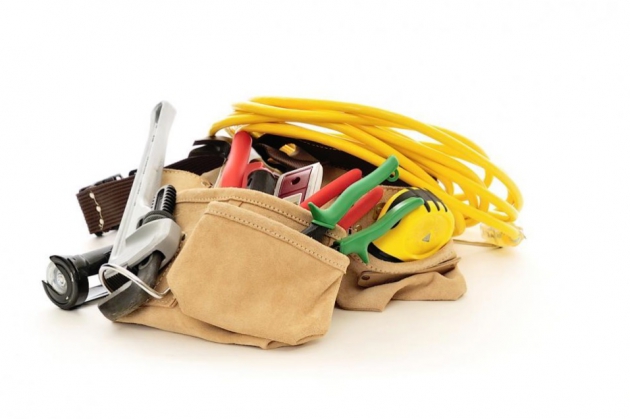HVAC equipment creates a sophisticated system, so it is understandable that when you call in an HVAC repair technician that you feel a little overwhelmed by what they are actually doing. Most HVAC terminology can seem alien, and many think the internal components actually look the same, which can make the average homeowner a little embarrassed to ask what the technician is actually doing. Fortunately, we will explore this topic here, so you can understand what an HVAC repair technician actually does.
Installation
HVAC repair technicians spend a great deal of their time installing new heating and cooling systems. While this may seem like a simple task, you shouldn’t have just any piece of equipment installed in your home. If you want to prevent future problems and any needless repairs, your HVAC equipment needs to be properly sized for your home. Poorly sized equipment not only impacts efficiency and causes increased energy bills, but it also increases the risk of faults and repair issues developing. In a worst case scenario, the lifespan of the equipment can be compromised, which will lead to the expense of premature replacement. For this reason, a professional HVAC technician will assess your home and calculate the size of equipment needed based on the overall size of your home, the level of insulation and other factors before the actual installation.
Maintenance
While many homeowners only consider calling an HVAC technician when the system develops a fault, a more efficient approach is to have regular maintenance performed. Continued maintenance of your system is the best way to uphold efficiency and prevent future repair issues. Routine maintenance helps to extend the equipment lifespan and ensures that the equipment is operating at optimum efficiency and safety. During a service visit, your HVAC technician will check the components for any signs of wear, providing an opportunity for preventative maintenance. This means replacing components before they can develop into a major fault or breakdown issue, which usually results in far lower repair bills and minimal disruption.
Repairs
Finally, as the name suggests, an HVAC repair technician is available to perform any repairs on your system. If something doesn’t appear to be working correctly with your heating and cooling, the professional technician will examine your system to detect the underlying fault. While it may seem easy to do a little internet research and determine the problem, there may be an additional reason or component that is not recognizable, but is actually the source of the issue. For example, researching your symptoms online if you feel unwell is typically not helpful. Although you can draw your own conclusions, self diagnosis should never replace the expert opinion of your doctor. So, instead of guessing that there is something wrong with your air conditioner coil, it is a better idea to call in a repair technician to check why the coil is not working properly.
Heating and cooling equipment can be very sophisticated, so it is always best to rely on a professional HVAC technician. An experienced professional has the skills, tools, and expertise to ensure that your HVAC system continues to operate efficiently and safely to keep your home feeling comfortable throughout the year.

